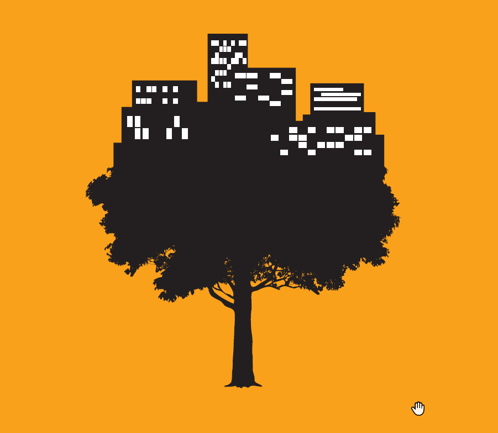
CITIES WILL RULE THE WORLD
•
With more than half the world’s population living in cities, and the percentage growing rapidly, it seems obvious that the solutions to many global problems facing humanity today must be urban solutions, created by and for cities.
•
In the current climate we are reassessing the concept of a nation that we have known for the last few hundred years, and the growing prominence of cities perhaps implies a return to governmental structures like the polis of ancient Greece, or medieval city-states.
•
The identity of a city is much more multicultural than that of a nation. Big cities are no longer the cultural property of one ethnicity or one language, as they were in the 19th and 20th centuries.
•
Civilisation was created in cities, and it may well end there. Cities cannot continue to grow indefinitely. Like so many other environments, there is a size limit after which it becomes very difficult to run a city efficiently.
•
My expectations for the future of cities are positive. In the past, cities have proved that they are vibrant and intelligent organisms, with the capacity to evolve and change rapidly in order to improve their circumstances.
•
From now on, cities need invisible infrastructures, which will be a handicap if they are reliant on the decisions of politicians who are used to evaluating the suitability of a project according to the votes generated by an image of them cutting a ribbon.
•
Paradoxically the city is both the problem and the solution. The population concentration in cities also generates the level of diversity and interaction that is the ideal environment for the innovation generation.
•
The concept of the smart city emphasises software, but we must also be aware of the hardware and of a new design of urban spaces that will make cities into places where we can live and work better.
From our book: 30 ideas for 2030



